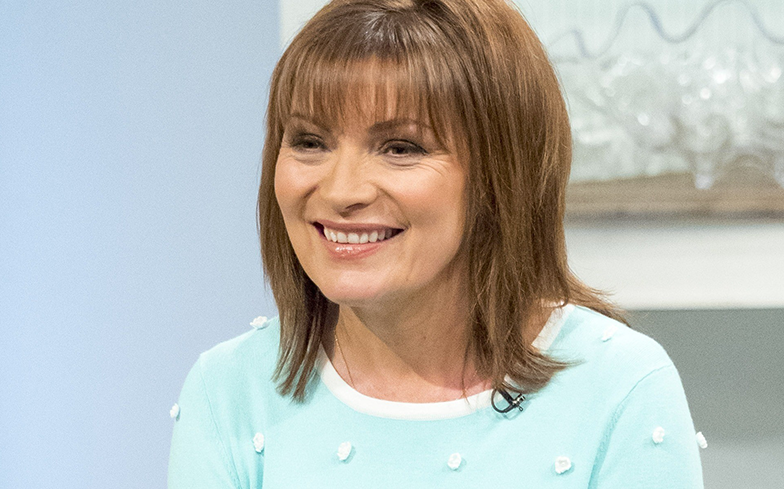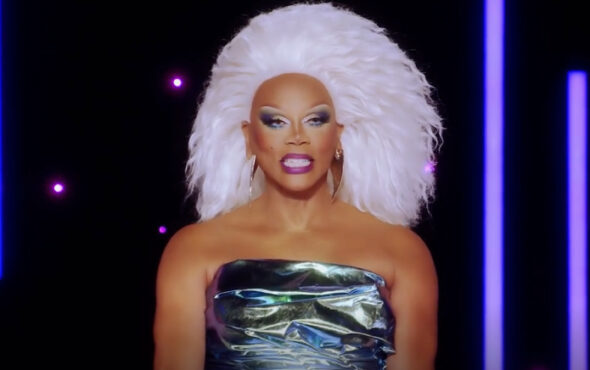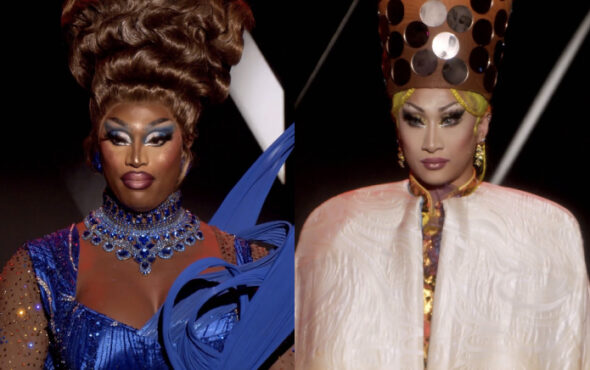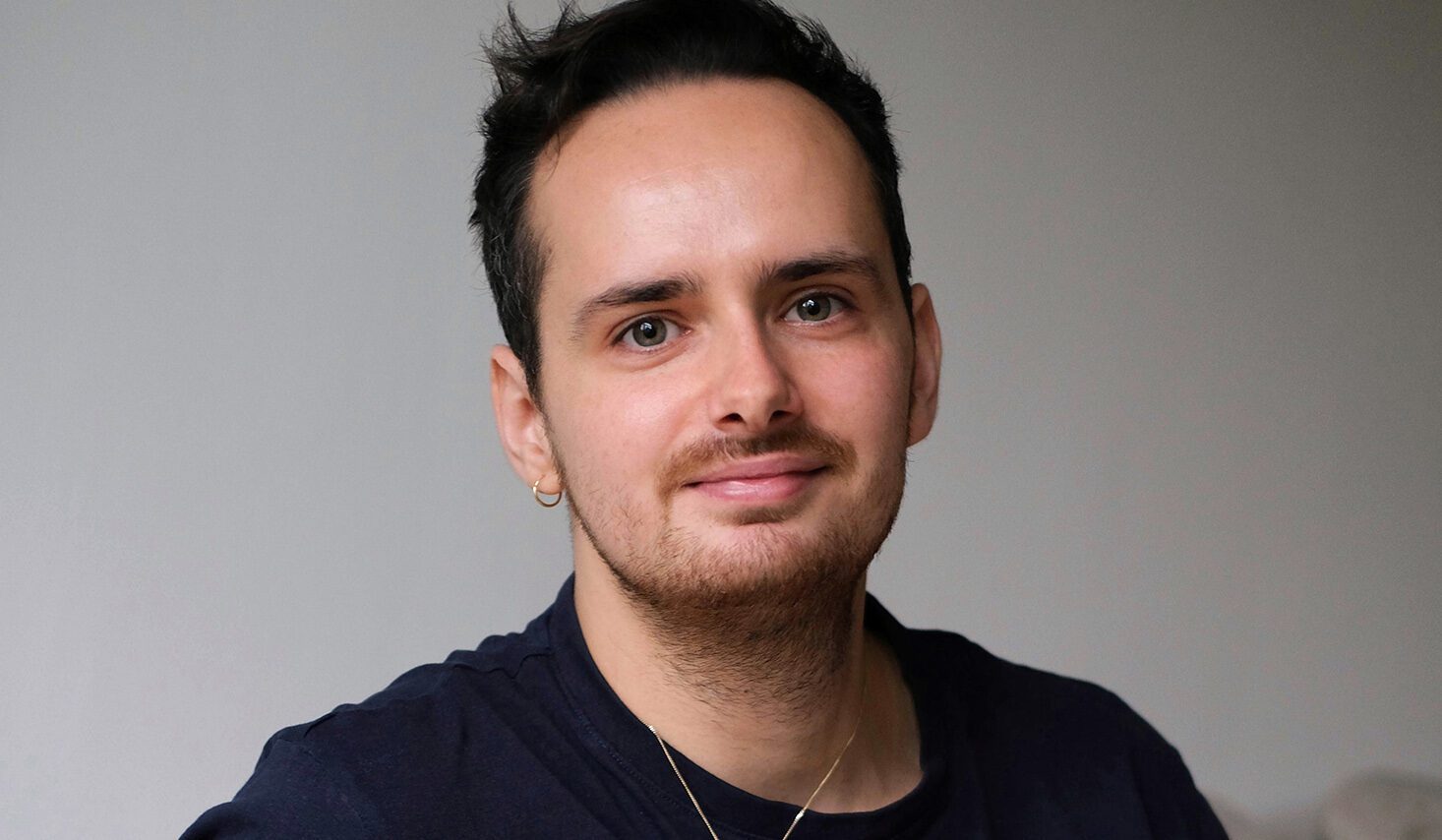
For many, the safety and intimacy that a bookshop provides is a feeling they cherish every time they step inside to discover a new story. With LGBTQ+ specific bookshops holding treasured volumes and Queer BookTok on TikTok highlighting the next best read, it’s never been a better time to dive into a new book.
Introducing Harry Nicholas, the author creating waves and providing your next gripping read as he shares his experiences as a trans man in his debut book, A Trans Man Walks Into A Gay Bar.
As a writer and a campaigner, Harry has created a book that showcases not only his experiences with his gender identity, but how his relationships with sex, intimacy, and the wider queer community intersect in ways that will touch the hearts of all queer people. A funny, unfiltered and raucous read, we’re thrilled that trans masc stories are finally receiving their flowers.
GAY TIMES sat down to speak with the author about how his life became inked on the page, what hook-up culture looks like as a trans man, as well as what it feels like navigating the current climate as a trans person in the UK
Like many LGBTQ+ people, your desire to write this book stemmed from not seeing your story out there in the world when you needed it most. How does it feel now to see your work in the world for all to see? Do you feel there’s a vulnerability to it – or do you feel empowered?
I feel a lot of things…Pride that something I worked so hard on is finally out in the world and she looks so good, terrified that what was once just between me and my keyboard is now for all to read. It’s a mixture of lots of things, but ultimately happiness that it exists. Something I’m still getting used to is when someone I’m with says to a taxi driver or a waiter that I’ve written a book and they ask “oh what’s it called?” I shouldn’t feel embarrassed that it’s called A Trans Man Walks into a Gay Bar, but I do. So now I just say A History of Hills and they move on very quickly.
Your work cleverly shines a light on how your own personal experiences as a trans man are often a part of the same fabric of challenges cis-gay men navigate. How did you navigate writing about how similar our experiences are within the LGBTQ+ community, whilst also acknowledging the differences that come with being a trans man?
I think gay and trans people are far more the same than we are different, be that in bodily insecurities, having too much or too little sex, being too masc or too femme, too queer or not queer enough. These are things I see my cis partners and friends thinking and worrying about, so it felt right and completely natural to include them. Then I explored layers of transness and why (for me) some of these things can have added complexity. For example, Matthew Todd writes in his book Straight Jacket, about the compare and despair cycle. Where two men are at risk of being overly critical of their bodies because there is an act of direct comparison of bodies. For me, I’m not ‘other’ (heterosexual) in the way Todd explains but nor am I the same (a cisgender gay man). So any comparison can leave me feeling ‘not enough’ and as though I’m seeking an impossible goal. It’s been interesting to interrogate cis-male theories and then apply it with a trans masculine lens. It’s thrown up some really interesting contradictions and questions about what it means to be queer, and most importantly, human.
The chapter ‘Fuck Me Then Fuck Off’ was a really profound read and I found myself identifying with a lot of your experiences with sex and promiscuity. What do you wish more people knew about having sex and being intimate with trans bodies?
Thanks – I shouldn’t be, but I’m surprised at how many people have really resonated with this. I sought sex as validation and a way to escape, or sometimes fuel rejection. I went from guy to guy to guy because moving on quickly was easier than hanging around and risking being rejected – be that because of my body or something entirely different. We’re quick to call out when guys are being shitty for moving on quickly and being a ‘player’, so I wanted to acknowledge that I am not innocent and the deeper reasons to why this might be.
I think things are shifting and guys on hook up apps are starting to understand that not all trans people are the same. More often than not guys on Grindr will ask me what I call my genitalia rather than just assuming. I’m completely fine with pussy, I find it liberating, but I know other trans guys who can’t bare to say the word aloud. Being asked questions like this, what do I like, rather than what do trans people in general like, sea change to what it was like five years ago on those apps. I suppose it’s just about treating everyone as individuals rather than a homogeneous group.
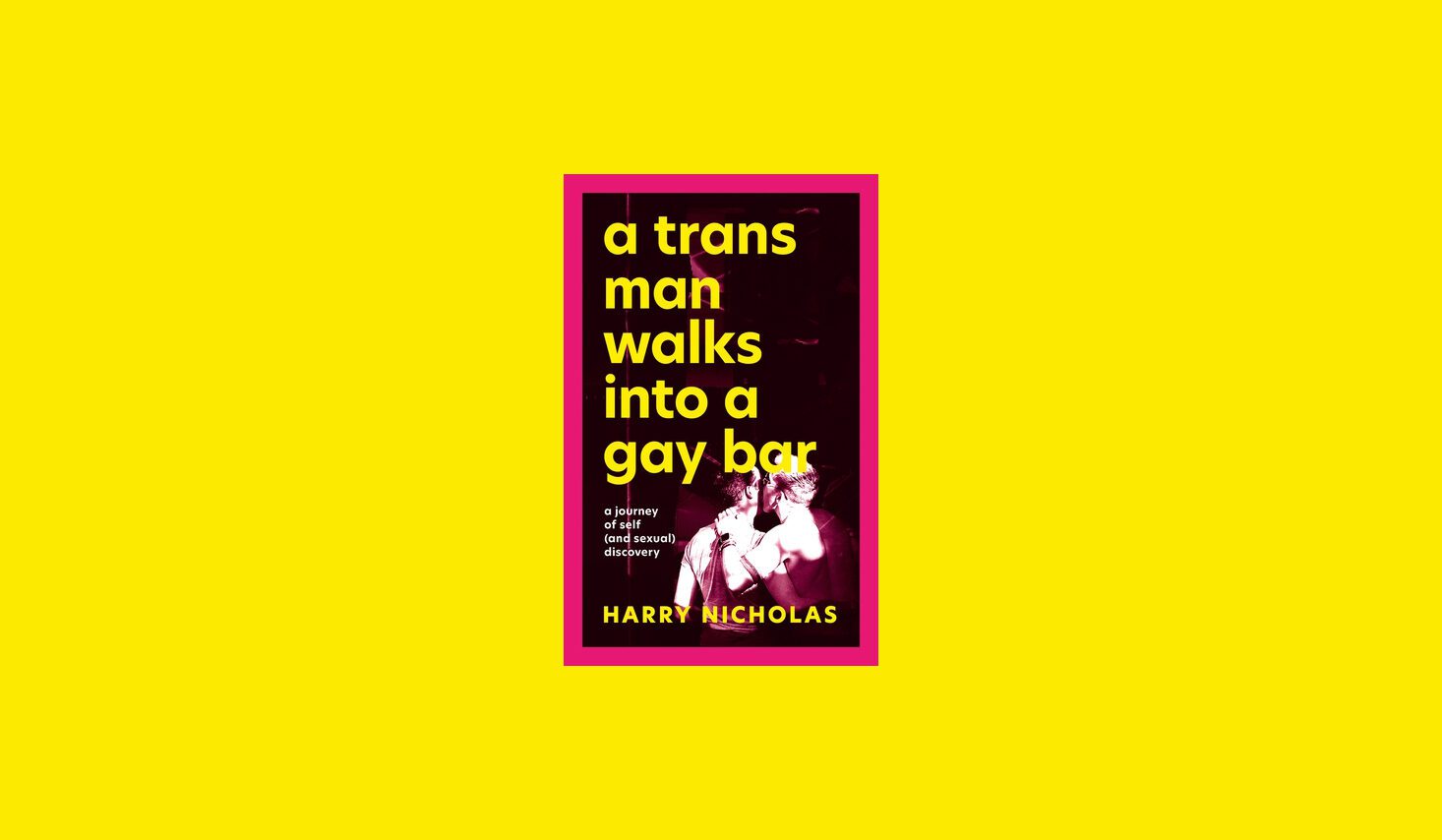
To those who struggle to remind themselves that they’re capable of being loved as a trans person – what would you say to help remind them that they are? What have you said to yourself to affirm your own self-love?
The main message I want to get across is that trans people can love and be loved. That was the most important thing because for a long time I believed that being trans meant I was unlovable. As it turns out, that’s bullshit. Trans people are hot; we’re in happy relationships, we’re contently single – we can be whatever. I don’t talk to myself in the mirror with daily affirmations every day (I dunno, maybe I should?), but I have to trust myself and have good people around me. Trust in my own power to love, know that I have a lot to offer the world and a partner, and that I deserve that too. It’s not easy, but intentional in ‘choosing myself’ and recognising when I’m ‘rejecting myself’, (as my therapist says), has been really helpful.
In a climate that perpetually denies the existence of trans people, with many just putting their fingers in their ears to avoid our realities – how does it feel to be releasing such a powerful trans focused book right now?
It’s daunting. The book is even more necessary now than when I first conceived of it. When I first started writing the call to remove the T from LGBT and the fervid transphobia we sometimes see from LGB people was not as intense now as it was then. So, it’s scary and unfortunately this means I’m no stranger to abuse. But I reckon this means it’s even more important and needed now. Hopefully it offers some hope and recognition for trans people and an opportunity to understand the nuances and complexities for cisgender allies that go beyond familiar ‘trans rights are human rights’ chants.
